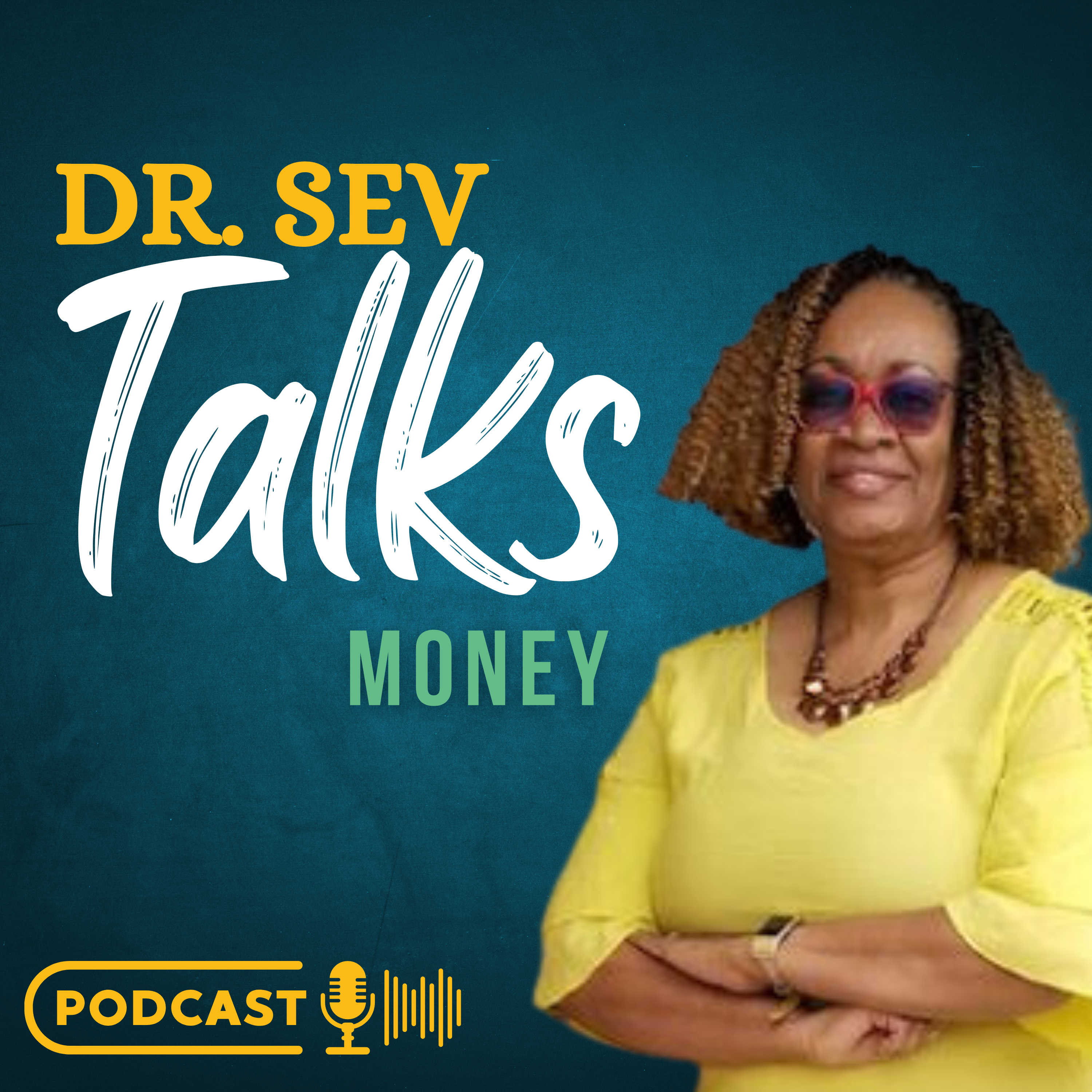In today’s rapidly evolving world, understanding the intricate relationship between our emotional well-being and financial health is crucial. It’s something I’ve been passionate about for a long time, and I’m thrilled to delve deeper into it today. This discussion explores how disordered consumption manifests in our lives and offers insights into achieving true wealth through emotional and financial balance.
The Journey Begins: Awakening to Emotional and Financial Health
Life lessons often find us unexpectedly. Our recent podcast guest, Jaelyn Vickery, a licensed clinical social worker and financial wellness advocate, shared her journey of discovery that resonated deeply. She highlighted an important truth: the educational system doesn’t necessarily equip us with the life skills needed to navigate the adult world financially and emotionally. After accruing academic debt, Jaelyn’s quest for financial literacy led her into banking, where she discovered the emotional distress many people experience concerning money.
Realizing a missing link in our relationship with finances, Jaelyn embarked on a journey exploring the connection between emotional well-being and financial health. This adventure revealed common behavioral patterns: excessive spending, overeating, or seeking validation, all intertwining to reflect our societal influences and emotional triggers.
Disordered Consumption: Understanding the Unseen
So, what exactly is disordered consumption? Jaelyn coined this term to describe a pattern where excessive, compulsive, or avoidant behaviors arise around acquiring, using, or withholding resources. These resources span from food and money to information and validation, deeply driven by psychological and societal influences rather than actual needs and personal values.
With today’s digital age offering limitless access to information, we often find ourselves on endless scrolling sprees or falling into rapid consumption cycles without intentionality. Jaelyn eloquently observed that while consumerism is essential for survival, it becomes a problem when disconnecting us from living a life filled with fulfillment and peace.
Emotional Triggers and Their Financial Implications
Our emotional triggers hold immense power over our spending habits and financial decisions. Driven by a need for control, self-soothing, or escaping reality, these triggers can plunge us into disordered consumption. While routine and comfort may feel safe, especially amid emotional distress, they often restrain us from discovering healthier financial habits.
Overeating, overspending, or compulsively seeking validation can become ways to cope with stress or dissatisfaction. These actions offer temporary relief but inevitably affect our financial stability and overall well-being. As we become more aware of our emotional drivers, we gain insight into transforming how we manage resources for lasting change.
Preventative Financial Literacy: Embracing Emotional Wellness
Addressing youth is critical to implementing preventative measures against financial illiteracy and encouraging emotional wellness. Financial education in high schools is a step in the right direction, yet the challenge lies in making it practical, relatable, and tailored to the diverse economic backgrounds of students and their families.
To create meaningful impact, these courses must unveil the emotional dimensions of financial decisions and engage students’ families in conversations about generational wealth perspectives. Helping youth recognize how emotions influence spending and saving habits will empower them and their families to take control of their financial journeys.
Self-Discovery: Journey to a Balanced and Abundant Life
Achieving a balanced life requires more than financial success; it demands emotional well-being. Jaelyn’s podcast, “Finance, Fitness, and Finesse,” reinforces that our life quality forms the core of true wealth.
By being intentional in our consumption and financial decisions and redefining personal success, we combat unnecessary consumerism and embrace a healthier outlook on money and resources. Evaluating our spending and understanding our emotional ties to financial actions ensures a well-rounded approach to achieving life balance.
Practical Steps for Breaking Free
To break free from disordered consumption and cultivate mindful habits, start by nurturing self-awareness. Recognize patterns in your spending or consumption but without judgment. Reflect on your emotional triggers and the motivations behind them.
Consider the short-term pleasure versus the long-term benefits of your choices. This kind of reflective questioning encourages a shift from scarcity to abundance, defining wealth on your terms rather than societal standards.
FAQs
What is disordered consumption?
Disordered consumption refers to patterns of excessive, compulsive, and avoidant behaviors related to acquiring or using resources, driven by societal and emotional triggers rather than genuine needs.
How are emotional well-being and financial health connected?
Emotional well-being and financial health interconnect through our spending behaviors and emotional triggers. Our financial decisions often stem from emotions like stress, anxiety, or the need for control.
How can youth be educated about financial literacy?
Youth benefit most from financial literacy when it’s personal and relevant. Engaging families and focusing on the emotional dimension of finances and generational perspectives can enrich their learning experience.
What steps can one take to manage disordered consumption?
Start with self-awareness to recognize emotional patterns in spending and consumption. Reflect on emotional triggers and their motivations, engage in reflective questioning, and redefine personal success to achieve balance and abundance.
What role does mindful consumption play in a wealthy life?
Mindful consumption encourages intentional decisions, prioritizing long-term financial well-being over immediate gratification. It fosters a deeper understanding of personal values and aligns with a richer, more fulfilled life.
Though our world grows increasingly complex, understanding our emotions and their impact on financial health unlocks the potential for a more balanced, fulfilling life. I encourage all listeners to take these insights and invite introspection to create their own wealth and wellness.
Contact Jaelyn here: LinkedIn: https://www.linkedin.com/in/jaelyn-vickery/



